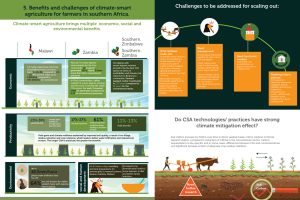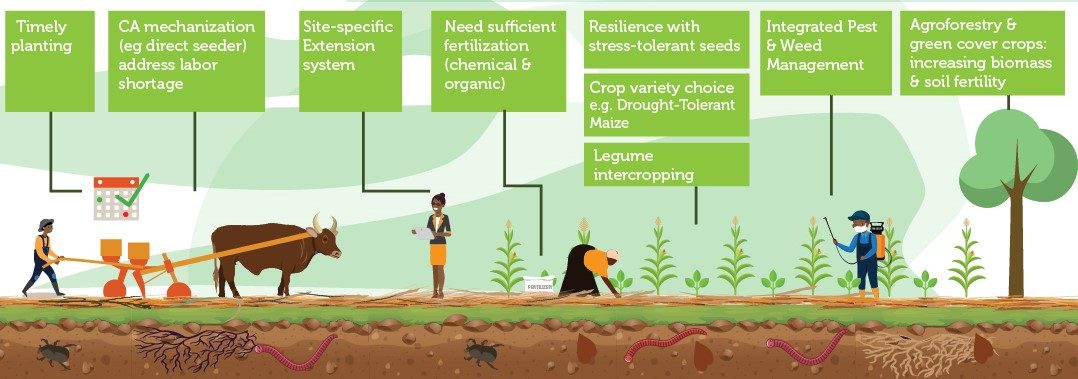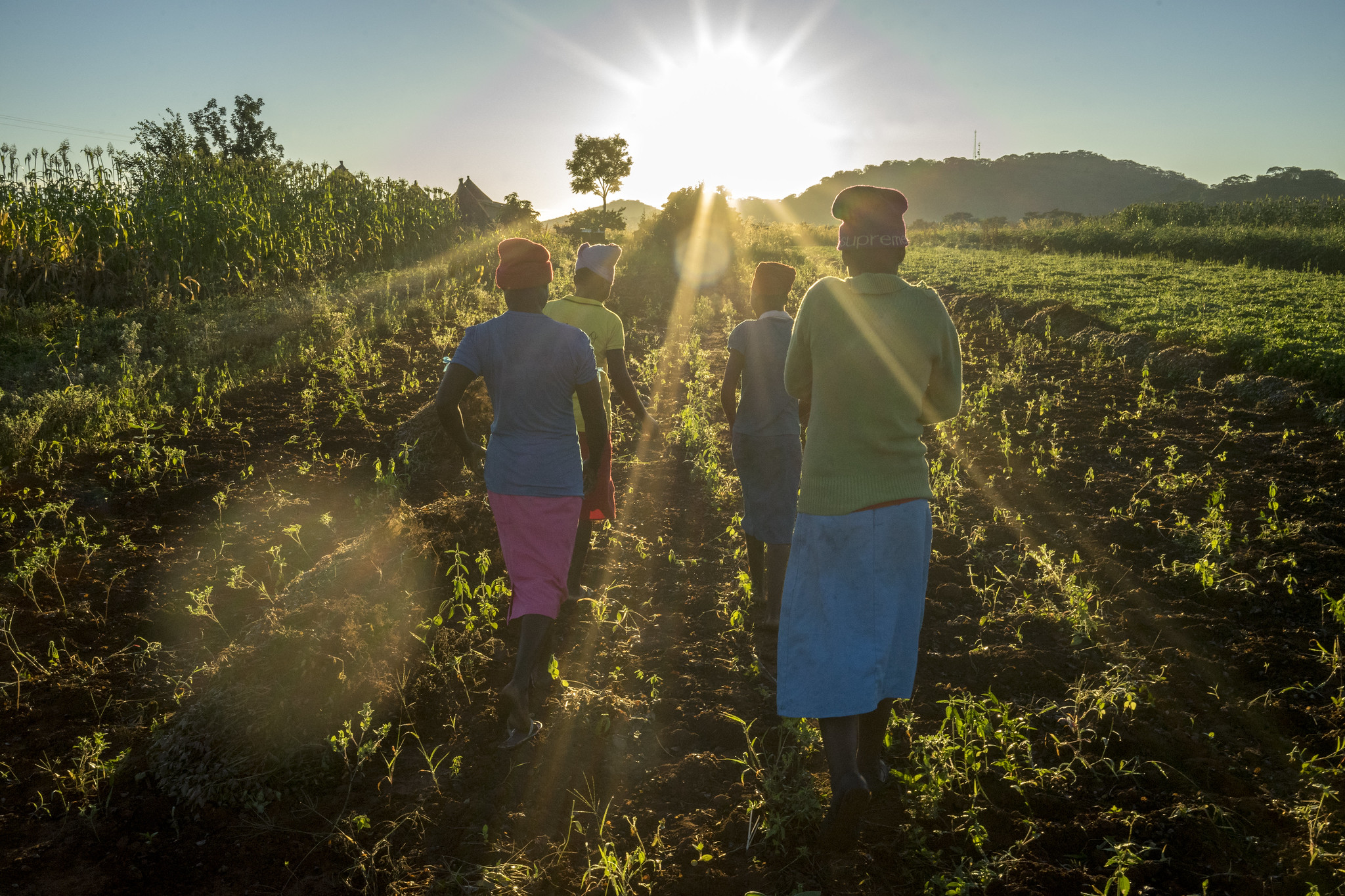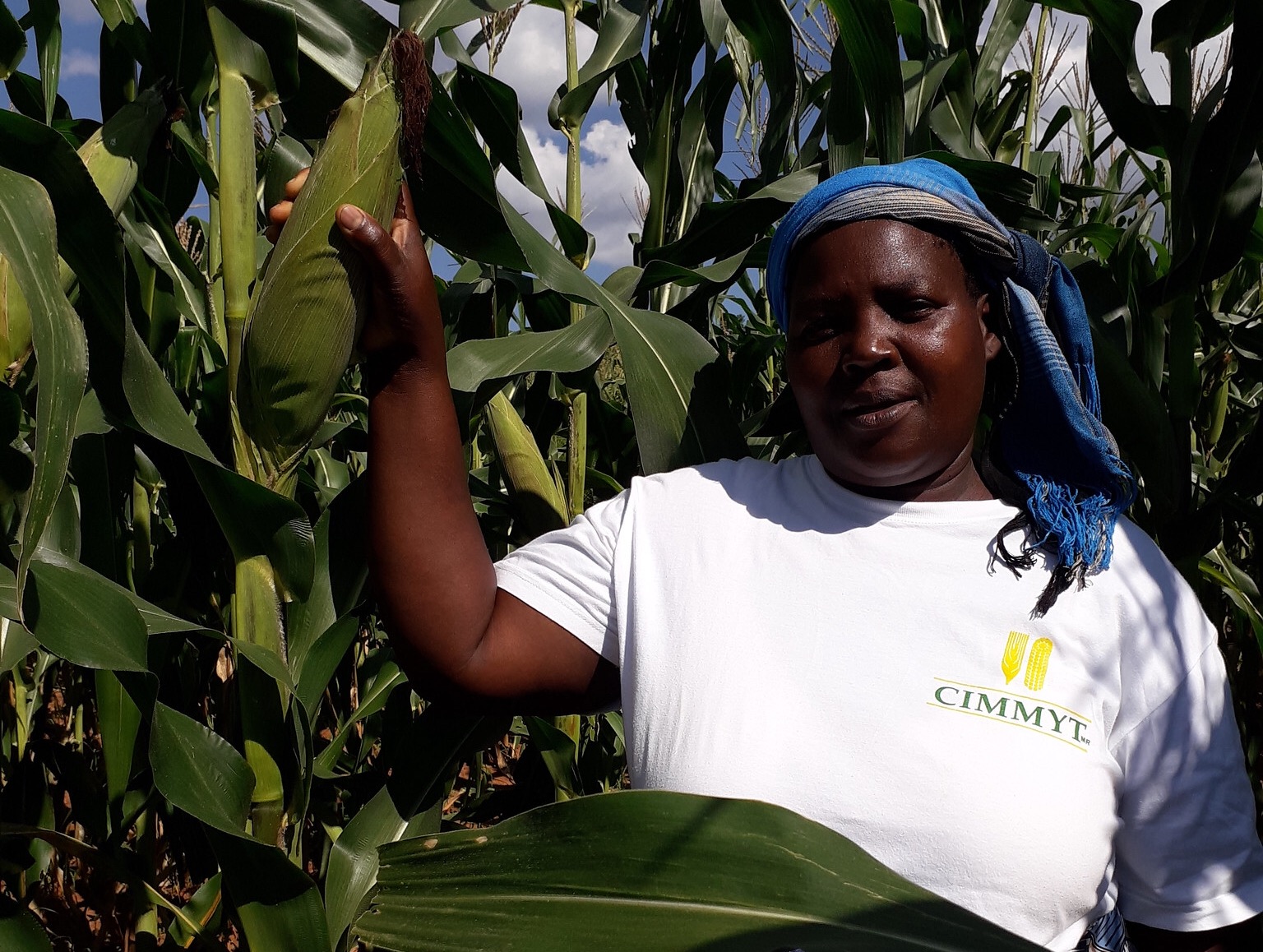The United Nations Framework Convention on Climate Change estimates that temperatures in Africa are set to rise significantly in coming years, with devastating results for farmers. Some regions could experience two droughts every five years, and see drastic reductions in maize yields over the next three decades.
Research demonstrates that climate-smart agriculture (CSA) is good method of mitigating the effects of climate change, for both farmers and the planet. Associated practices, which increase soil moisture levels and soil biodiversity have been shown to decrease soil erosion by up to 64%. They also have the potential to increase maize yields by 136% and incomes in dry environments by more than twice as much.
However, adoption rates remain low in some of the countries which stand to benefit the most, such as Malawi, Zambia and Zimbabwe, where the adoption of complete conservation agriculture systems is currently at 2.5%.
A new series of infographics describes some of the farming constraints will have to be addressed in order to scale climate-smart agricultural practices successfully in the region, taking into account both benefits and challenges for farmers.

Download the infographics:
Can we scale out Climate-Smart Agriculture? An overview.
Identifying the two best-bet CSA options to test.
A perfect storm: climate change jeopardizes food security in Malawi, Zambia and Zimbabwe.
Benefits and challenges of climate-smart agriculture for farmers in southern Africa.
Gender-sensitive climate-smart agriculture in southern Africa.
There is a strong business case for scaling out CSA in Malawi, Zambia and Zimbabwe.

 Capacity development
Capacity development 
